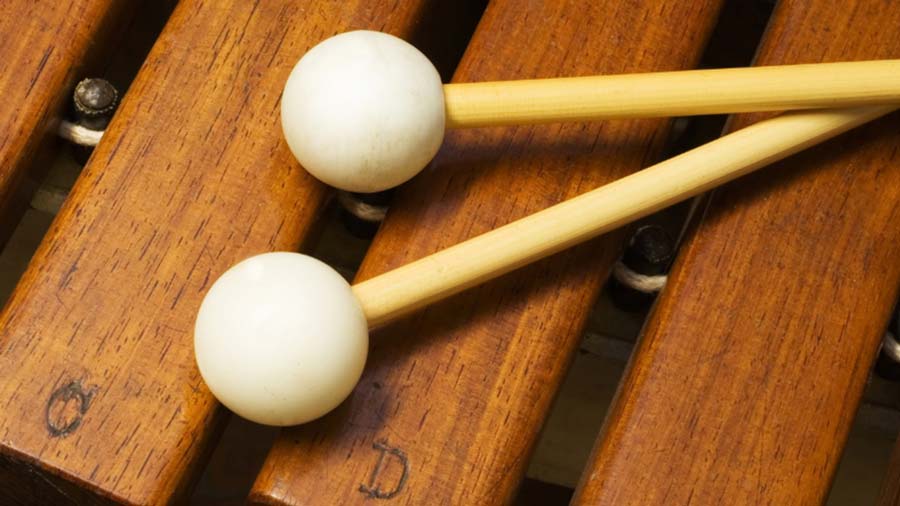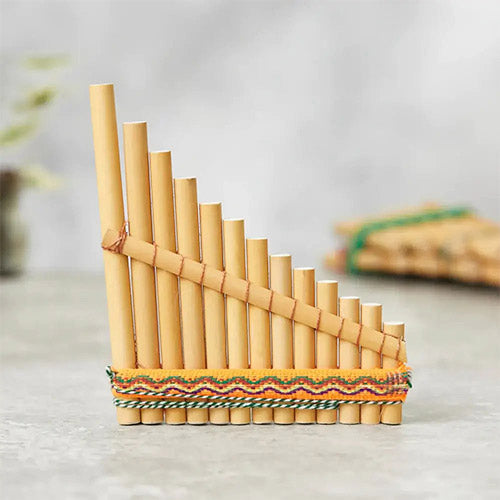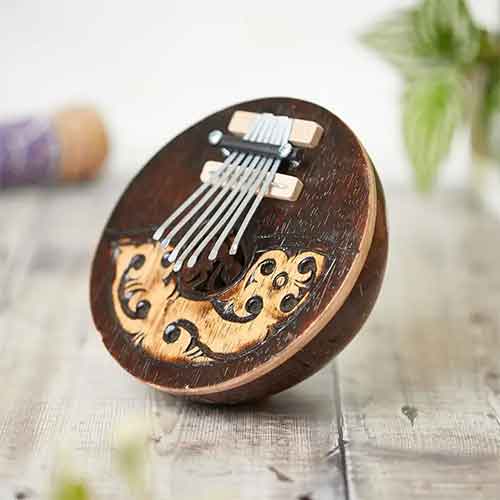When it comes to choosing a beater, it is important to consider the sound you are looking to make, the material you want to use, size of the beater, what instrument you will be playing and of course the price.
Material choices for a beater
Hard rubber beaters

Mallets are a great choice for those looking for a more sustained sound and a softer feel. Mallets are great for playing on harder surfaces such as wooden floors and can be used to play a variety of rhythms. They come in a variety of materials, from hard rubber to soft wooden mallets. Hard rubber mallets are a good choice for those looking for a brighter sound and a heavier feel. The harder the mallet material, the more powerful the sound. You can purchase hard rubber mallets here.
Wooden beaters

Wooden mallets offer a softer, mellower sound and a lighter feel. They are great for playing on softer surfaces such as carpets and rugs. When choosing a beater, the weight of the mallet is also something to consider. A heavier mallet is more powerful and can drive the sound deeper, while a lighter mallet will have a softer sound. You can purchase wooden mallets here.
Beater sizes
The size of the mallet head is also something to consider - different sizes will create different tones and timbres. This factor could also dictate the loudness of your musical instrument. You should consider going to a music shop to experiment with different size beaters so that you can experiment to see which one produces a sound that you like the most. The handle length is important as it will determine the reach of your mallets and the comfort of your playing.
The musical instrument
The instrument that you are going to be playing will have a big impact on the type of beater that you wish to play it with. Typically with wooden xylophones or glockenspiels you need a smaller sized wooden beater to match, the same is true for brass bell instruments, you would likely want a matching brass beater but you could also experiment with other types of mallets made from different materials because each one will produce a different sound.
When it comes to shamanic drums though, typically you need a large beater with a woollen, animal hide or plastic head that is somewhat soft so that it can strike a tone without damaging the drums skin. Drummers use wooden sticks when playing the drum kit but typically when it comes to musical instruments there are not any rules for what specific beater will pair with a specific instrument, you are free to be creative and explore the sounds that you like.
When it comes to choosing a beater, there are many factors to consider. The sound you are looking to make, the material you are using, the weight of the mallet, the size of the mallet head, and the handle length all play a part in choosing the right mallet for you. Whether you are looking for a hard rubber mallet for a bright sound and a heavy feel, or a soft wooden mallet for a mellower sound and a lighter feel, there is a mallet to suit your needs.
Musical instrument beaters (Frequently Asked Questions)
What are beaters in music?
A beater is something used to hit a drum or percussion instrument. There are different types, like bass drum beaters. These can have one or two heads and are held in the hand to hit the bass drum from either side.
What is a beating instrument?
Percussion instruments are those that make sound when you hit, shake, or scrape them. Being a percussionist isn't easy because it takes practice to hit the instrument with the right strength, in the right spot, and at the right moment.
What are 10 examples of percussion instruments?
A typical percussion group setup includes instruments like timpani, xylophone, cymbals, triangle, snare drum, bass drum, tambourine, maracas, gongs, chimes, celesta, and piano.What are the 2 types of percussion?
The two kinds of percussion instruments include: Tuned percussion: These have pitch and can play different notes. Examples are the xylophone, timpani, and piano. The other type of percussion is untuned percussion: These only make one sound. Examples include drums, gongs, and cymbals.
What are the prices of musical instrument beaters?
Beaters usually range from £10-£20 depending on which material you would like.
Up next: The History of Marching Drums












